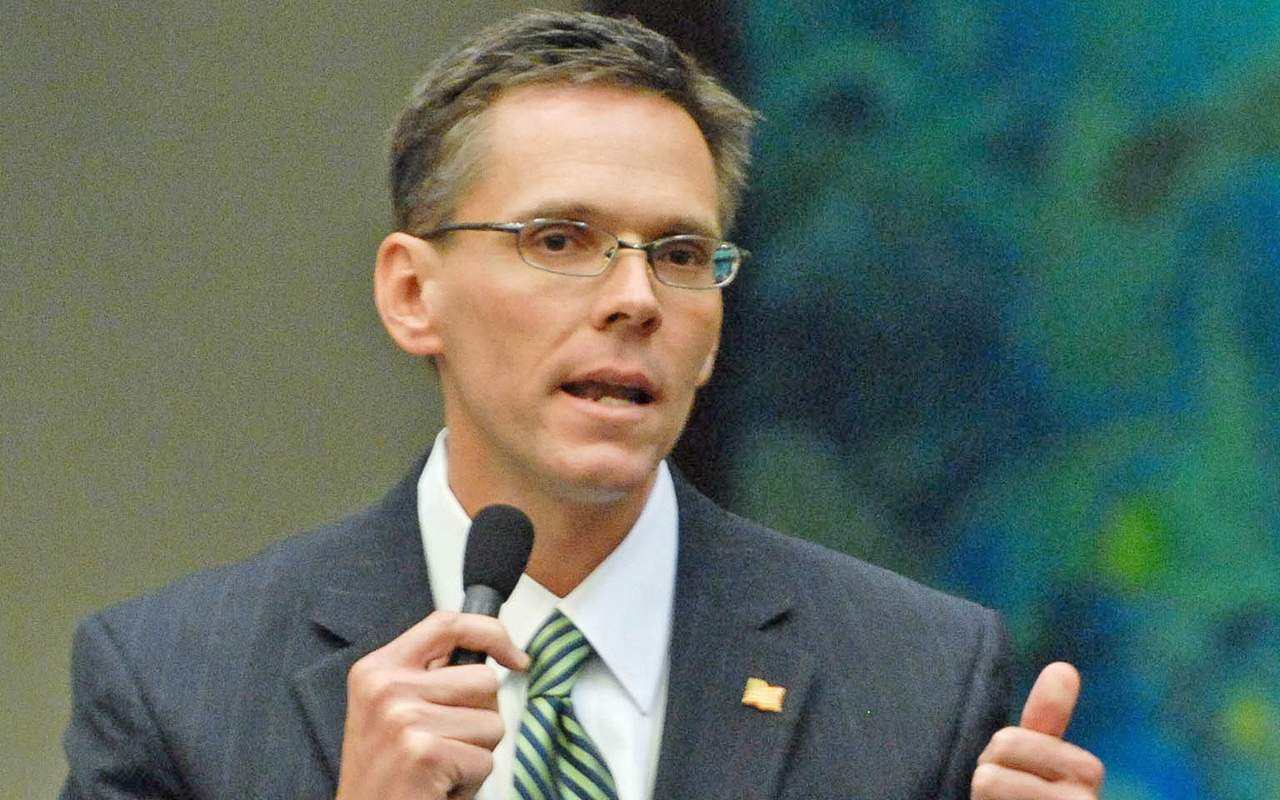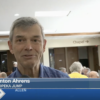October 26, 2016. TBO.com
About midway through the 28th annual conference of the Hillsborough Organization for Progress and Equality, Father John Tapp took the pulpit.
For the 600 or so churchgoers gathered in the sanctuary at Corpus Christi Catholic Church in Temple Terrace, it was time for confession.
“Let’s think back to our own childhood and teenage years. If I name something you did while under 18, please stand and remain standing,” Tapp said to the laughing but obedient crowd.
“Did you ever get in a fight? Curse at a teacher? Smoke marijuana? These are reasons why children are arrested in our state and they’re arrested because of where they live.”
For the past three years, the group has fought to bolster the state’s juvenile civil citation program, an effort to reduce the number of children arrested for minor, first-time offenses.
The Monday night meeting represented a step forward for young offenders who enter a civil diversionary program rather than jail, but also highlighted the need for uniform civil citation policies statewide.
Last year, 10,000 children in Florida were arrested for first-time offenses deemed not serious without being presented the option of a civil citation because policies differ county to county, said Tapp, the pastor at Nativity Catholic Church in Brandon.
State Rep. Ross Spano, R-Dover, pledged his support to the cause, saying he will file a bill in the House that would ensure all children in Florida have equal access to the state’s civil citation program.
Spano said his support came with a stipulation: The final bill needs to expressly say that victims of violent crimes have a voice in the process. His measure is designed as a companion for a bill to be submitted by Sen. Anitere Flores, R-Miami-Dade, directing first-time offenders younger than 18 toward citations rather than arrest for 11 common, nonviolent misdemeanors. These include possession of marijuana and underage drinking.
Six other local legislative candidates, Republicans and Democrats, have also thrown their support behind the bill.
In addition, authorities would have discretion to issue citations instead of making arrests for misdemeanors outside the 11 that are specified in the bill or with a second or third offense.
Last year, a similar bill backed by the Hillsborough Organization for Progress and Equality — the coalition of churches known as HOPE — died before reaching a vote. This year, the lobbying started earlier, Tapp said.
Meantime, at the HOPE meeting Monday, members praised a decision by the Hillsborough County Sheriff’s Office to launch a pilot program allowing citations instead of arrests for first-time offenders younger than 18 found in possession of small amounts of marijuana. The program, launched last month, follows a Tampa Police Department move to decriminalize possession of up to 20 grams of pot.
Last year, possession of marijuana accounted for about 75 percent of the 1,025 arrests of children made in Hillsborough for first-time misdemeanors, HOPE officials said.
“We do not condone or encourage children to use marijuana, but children do make mistakes,” said the Rev. Bernice Powell Jackson of First United Church of Tampa. “Ultimately, we want more than a pilot. We want a policy change so all of our children in Hillsborough County get access to civil citations.”
The county’s Juvenile Justice Board workgroup agreed this month to recommend extending and expanding the sheriff’s pilot program to include all but 12 misdemeanor offenses, provided the pilot “is, in fact, effective and meets our quality assurance standards,” county Public Defender Julianne Holt told HOPE members.
In the weeks since the sheriff’s office launched the pilot program, 30 referrals have been made to the citation program — 26 of them from the Sheriff’s Office, Hillsborough Chief Judge Ronald Ficarrotta told the HOPE members.
To cheers from the sanctuary, Ficarrotta said, “Here’s where your prayers were answered.
View original article.






